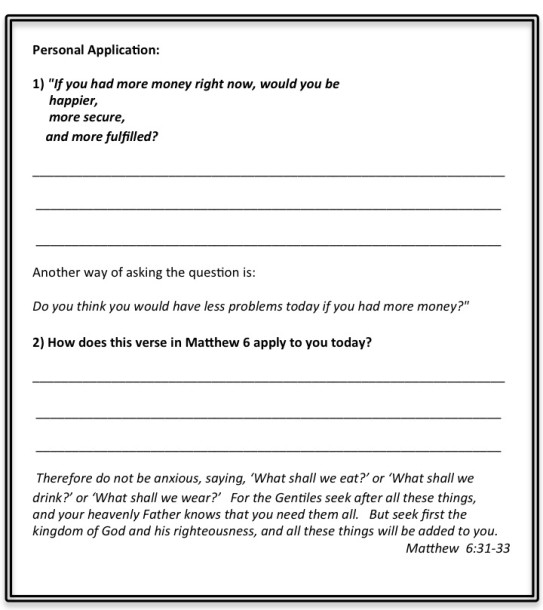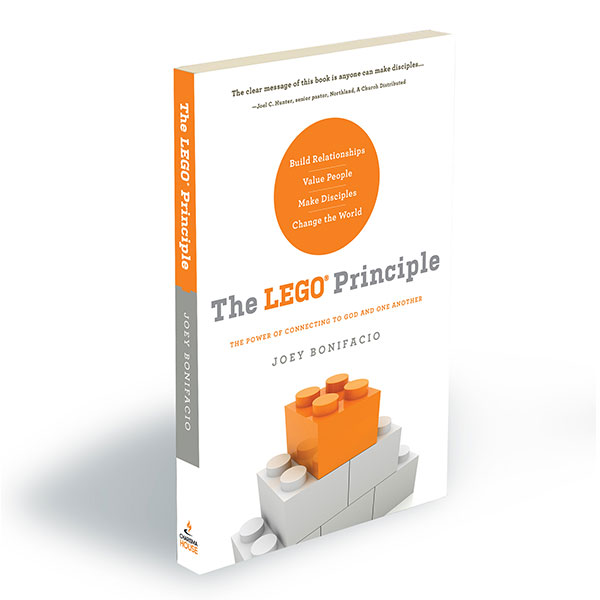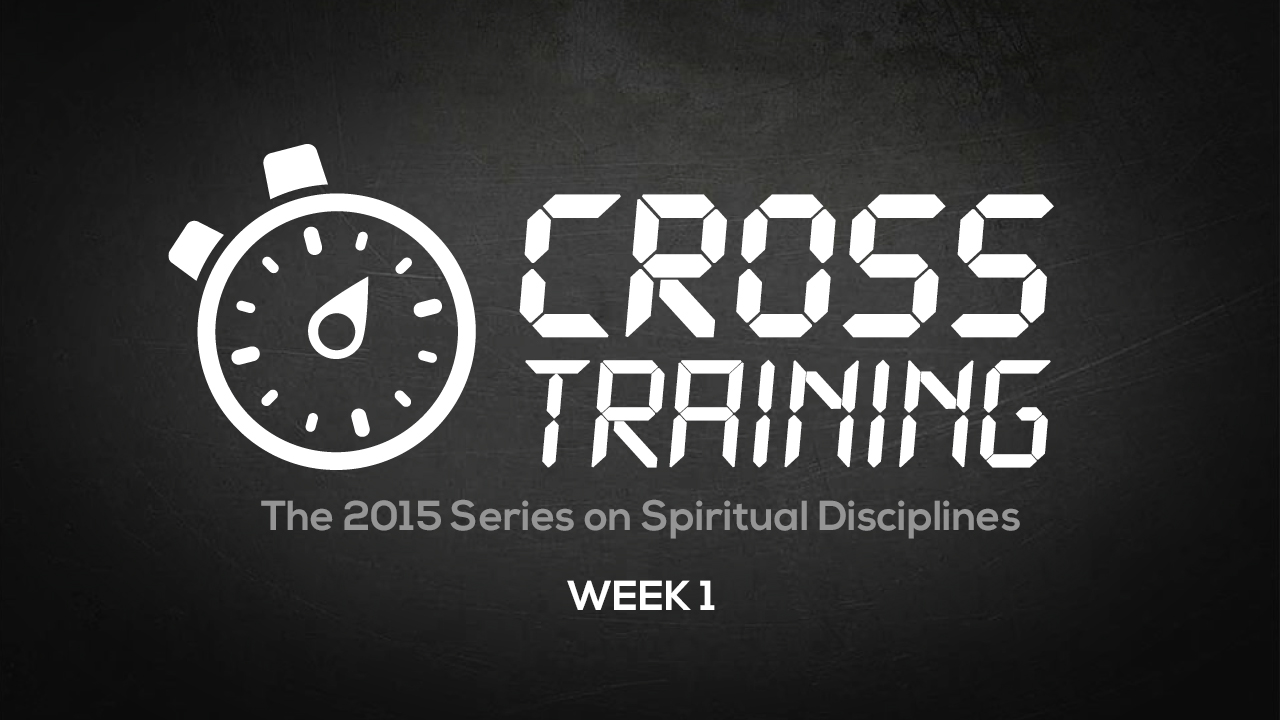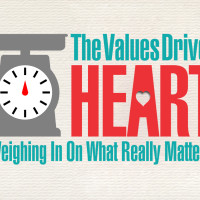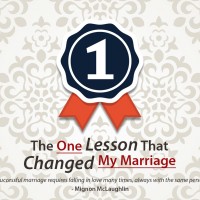The Value of Money
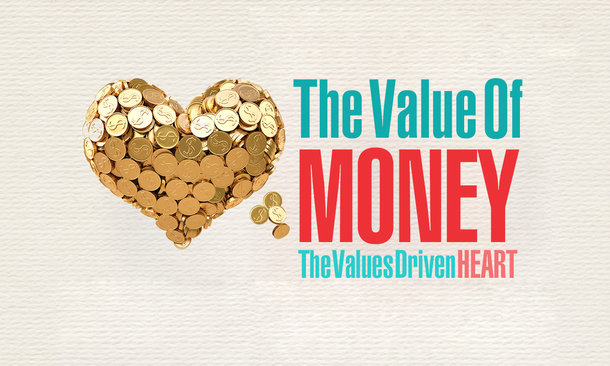
Steven Levitt and Stephen Dubner, authors of Freakanomics and Super Freakanomics, wrote that “People respond to incentives.” They validated their point in their two bestselling books, by citing how this truth applied to schoolteachers, realtors, crack dealers, mothers, sumo wrestlers, salesmen and even members of the Ku Klux Klan.
People love incentives. Incentives, according to the authors, are not necessarily monetary. In fact, some incentives can come from the most unpredictable of sources. But despite all this, money remains to be one of the most powerful incentives there is. Even Levitt and Dubner admitted that the writing of their first book took root “when several publishers began to offer significant sums of money.”
The Answer to Everything
It was King Solomon, the wisest man who ever lived, who penned the words in Ecclesiastes 10: 19, “Bread is made for laughter, and wine gladdens, and money answers everything.” Yup, you read that right—Solomon wrote that money answers everything. Another version of the Bible says, “Money is the answer to everything.”
Before moving forward, there is a principle that one needs to know when reading the Bible. It goes something like this: Never reason from the part to the whole, rather, always reason from the whole to the part. We cannot lift one verse from Scripture and base our beliefs solely on that verse without taking into account the other verses that say the contrary.
Applying this, Solomon did say that money answers everything. But this truth is partial, and needs to be read vis-à-vis the entirety of the Bible’s take on money. Money is indeed valuable. It is the most universally accepted means for exchanging goods and services. Hence, Solomon was correct in pointing this out. Money is the answer to everything; just as bread brings laughter and wine, merriment. But in all of these cases, the sense of fulfillment is only temporary.
God and Money
Going back to Matthew 6:24, Jesus said, “No one can serve two masters. Either you will hate the one and love the other, or you will be devoted to the one and despise the other. You cannot serve both God and money.”
It is noteworthy to point out that Jesus never attributed anything to have powers coming close to God’s. He only references money as a competitor, and rightfully so, for money is indeed powerful. Think about politicians and leaders who have compromised their values because of money. Think about why women prostitute themselves or why people forego their valued principles because of the lure of money.
Here’s a good question to ask yourself when you are not sure if money has become more valuable to you than God:
If you had more money right now, would you be
happier,
more secure,
and more fulfilled?
Before you answer too quickly, consider the question well. Another way of asking the question is:
Do you think you would have less problems today if you had more money?
It’s a tough question to answer; but with a little honesty, you can find out if you are trusting money more than God.
Three Truths About Money
1. Money is a neutral.
“For the love of money is a root of all kinds of evil. Some people, eager for money, have wandered from the faith and pierced themselves with many griefs.” 1 Timothy 6: 10
Money, contrary to popular belief, is not inherently evil. It is a tool that allows us to exchange goods and services. The love of money, however, is the root of all kinds of evil. How?
2. Money is powerful. Money affords more than just goods and services—money begets power. No wonder people fall in love with it so easily! And while falling in love is just the start, the “all kinds of evil” bit comes into play when we become “eager for money.” The word eager in Greek means to covet or unlawfully desire. When we have made money the primary driving force of our lives, we have, in that sense, made it our God.
3. Money has the capacity to divert our destiny. The result is that we wander from the faith and carry with us many griefs. Through the years, I have seen individuals and families suffer and grieve because they have made money the primary reason for living.
To be clear Jesus never said that money is not valuable, His point was it is not as valuable as God. In fact He makes a final point further down in Matthew 6:33, that if we seek God first He will add all the other values to us including money to us.
The effect is the opposite for those who love God most: all kinds of evil will fall to our sides, we stay on course in achieving God’s destiny for us, and there we will find God’s blessing, favor, joy.
See you next week.
My Comments Policy
While my site offers visitors the ability to converse, I have a few ground rules so that our conversations will remain civil and courteous.
1. You must register in order to leave a comment. I don’t entertain pseudo, anonymous or bogus individuals. This site is my home (it has a Home Page, get it). I don’t let strangers who don’t introduce themselves into my home.
2. I love questions. I love them because a lot of times they are similar to someone else’s questions and can even trigger other questions from others. Questions also keep us all sharp. This is also why I respond to them as best as I can and at the soonest possible time. I believe that group answering benefits more people than private email exchanges.
3. We don’t have to agree. Debates are welcome. However, whether it is with me or any other visitors of my site, my rule is this: disagree if you must but keep things civil. That’s just how I run my home, and you are a visitor here. No shouting; I have seen it done in writing. No cursing and no insulting.
4. I reserve the right to delete your comments. Like I said, this is my home. I do not have an obligation to publish your comments. As a human being, you may enjoy the freedom to express your opinions on your own site but not on mine. To be specific, I will delete your comments if you post content that is in my sole opinion: (a) snarky; (b) off-topic; (c) libelous, defamatory, abusive, harassing, threatening, profane, pornographic, offensive, false, misleading, or which otherwise violates or encourages others to violate my sense of decorum, civility or any law, including intellectual property laws; or (d) “spam,” i.e. an attempt to advertise, solicit, or otherwise promote goods and services. You may, however, post a link to your site or your most recent blog entry.
5. You retain ownership of your comments. I do not own them and I expressly disclaim any and all liability that may result from them. By commenting on my site, you agree that you retain all ownership rights in what you post here and that you will relieve me from any and all liability that may result from those posts.
6. You grant me the license to post your comments. This license is worldwide, irrevocable, non-exclusive, and royalty-free. By posting comments on my site, you automatically grant me the right to store, use, transmit, display, publish, reproduce, and distribute your comments in any format, including but not limited to a blog, in a book, video, or presentation.
In short, my goal is to host interesting conversations with caring, honest, and respectful people. I believe this clear and simple comments policy will facilitate this.











